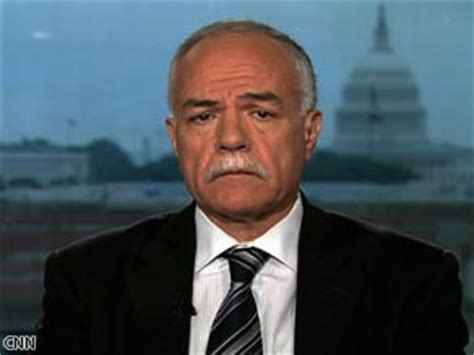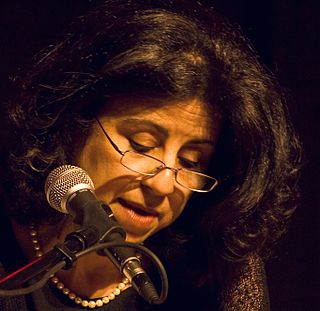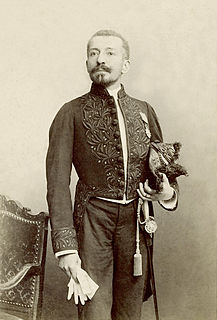A Quote by Ahmed H. Zewail
Related Quotes
All is made clear,regarding Abraham and Sarah's traversal into Egypt, when we realize what biblicists meant by the term "Egypt." As Ralph Ellis so brilliantly points out, the name Egypt was employed by the composers of the Old Testament to denote Thebes in Lower Egypt. This was the city and region controlled by the adversaries of the Hyksos. It was considered a separate region, with different rulers, gods, customs, and politics. So, it was not the country of Egypt that Abraham visited, but Thebes within Egypt.
The good thing about Egypt is, between the two World Wars, Egypt was - had a liberal society. It has a political life. It has parties. It was not - it was dysfunctional in many ways, but it was not a very repressive regime. Egypt, at one time, was the bellwether of the Arab world, was the trendsetter, created great culture, movies, cinema, you name it.
Tuthmosis IV was, like his father Amenhotep II, a belligerent pharaoh and one of the first to wage war without provocation beyond Egypt's boundaries. As a result of his aggressive attacks slaves and foreign elements were common in Egypt. Consequently, there was more intermarriage during his reign than at other times. Egypt was visited by merchants and traders and was extremely prosperous and cosmopolitan during this period.
We had a lot of difficulty in getting the French to accept the pyramid. They thought we were trying to import a piece of Egypt until I pointed out that their obelisk was also from Egypt and the Place des Pyramides is around the corner. Then they accepted it. The pyramid at the Louvre, though, is just the tip.
In primary school in south-eastern Nigeria, I was taught that Hosni Mubarak was the president of Egypt. I learned the same thing in secondary school. In university, Mubarak was still president of Egypt. I came to assume, subconsciously, that he - and others like Paul Biya in Cameroon and Muammar Gaddafi in Libya - would never leave.




































